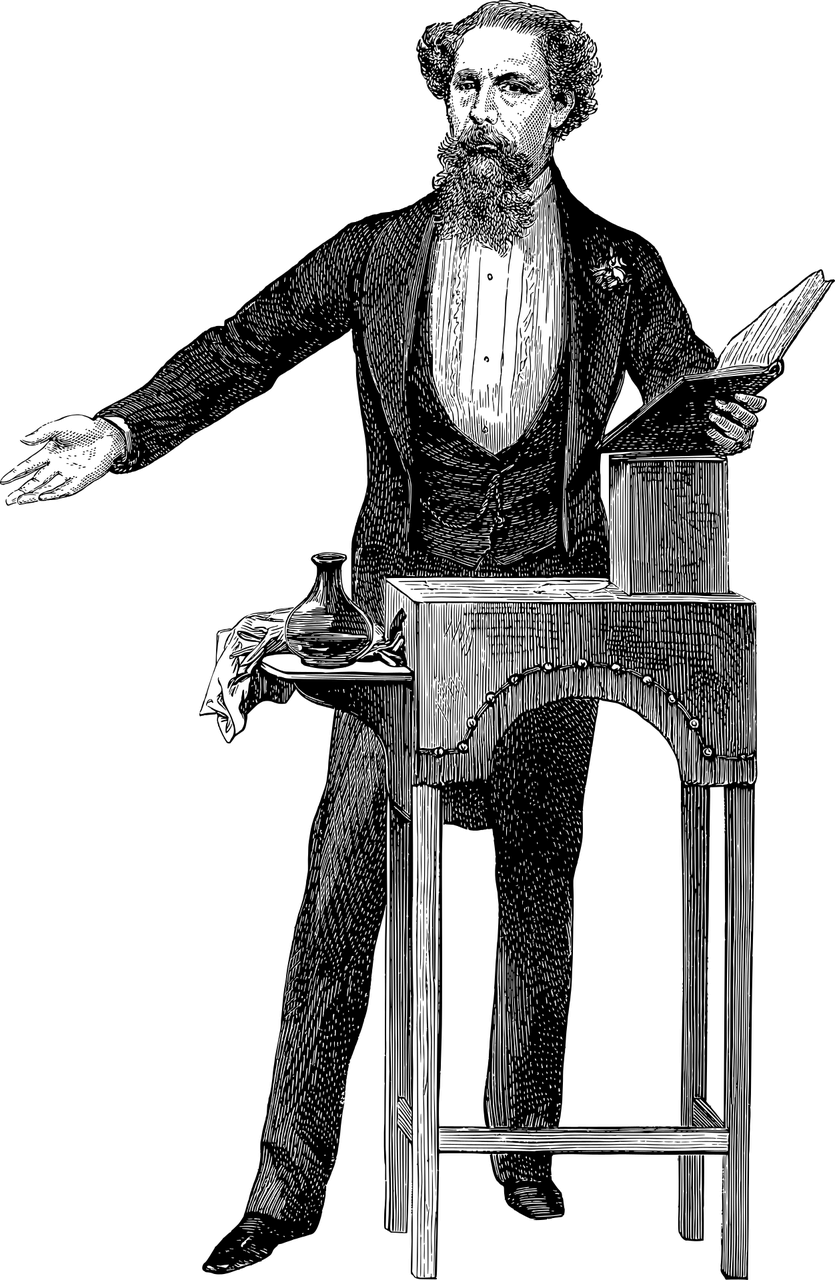1984 by George Orwell: An In-Depth Analysis of a Dystopian Masterpiece

Introduction:
In today’s complex and interconnected world, the exploration of dystopian societies has gained significant attention. Among the notable works in this genre, George Orwell’s 1984 stands as a seminal piece of literature that continues to captivate readers. This article aims to provide a comprehensive analysis of 1984, offering essential insights for those interested in diving into this thought-provoking novel.
1984: An Overview:

Set in a totalitarian society ruled by Big Brother, 1984 paints a bleak picture of a future where individualism and freedom are non-existent. The protagonist, Winston Smith, navigates a world where the government controls every aspect of citizens’ lives, employing pervasive surveillance, manipulation, and propaganda to maintain its power. It explores themes of oppression, surveillance, language manipulation, and the destruction of personal identity.
Historical Evolution of 1984:
Since its publication in 1949, 1984 has experienced a remarkable journey, both within the literary world and within the broader cultural landscape. Initially, the novel was met with mixed reviews, with some critics praising Orwell’s ability to predict the potential dangers of totalitarianism, while others found the narrative too grim and pessimistic. However, as time progressed, 1984’s relevance and influence grew exponentially.
In the years following Orwell’s death in 1950, the novel gained significant popularity, especially during periods of political unrest and social upheaval. Orwell’s portrayal of a tyrannical regime served as a warning against the dangers of unchecked governmental power, resonating with readers across generations.
With the advent of the internet age, the themes explored in 1984 have taken on renewed significance. The concept of surveillance and the manipulation of information have become all too real, amplifying the novel’s impact. Today, discussions surrounding issues such as government surveillance, privacy invasion, and propaganda echo the warnings presented in 1984.
Structuring the Article for Feature Snippet Optimization:
To increase the likelihood of the article being featured as a snippet in a Google search, the following structural elements can be incorporated:
1. Section 1: Introduction
– Provides an overview of the article’s purpose and approach.
2. Section 2: An In-Depth Exploration of 1984
– Discusses the key elements and themes within the novel.
– Explores the societal context in which the story unfolds.
– Analyzes the impact of Orwell’s writing style on the narrative’s effectiveness.
3. Section 3: The Historical Significance of 1984
– Traces the novel’s reception and impact from its release to the present day.
– Examines how political and social events have influenced the interpretation of the novel.
– Explores how the progression of technology has made Orwell’s warnings even more relevant.
4. Section 4: The Enduring Legacy of 1984
– Discusses how the novel has influenced literature, popular culture, and political discourse.
– Explores the ways in which 1984 continues to inspire artists, filmmakers, and writers.
Conclusion:
George Orwell’s 1984 remains a powerful and chilling reflection of the dangers of totalitarianism and the erosion of individual freedom. Its enduring relevance and impact on literature, popular culture, and political discourse attest to the brilliance of Orwell’s prophetic vision. As society grapples with issues of privacy, surveillance, and manipulation, 1984 serves as a stark reminder of the importance of safeguarding our fundamental rights and preserving our humanity.
FAQ
How has George Orwells 1984 influenced popular culture?
What is the main theme of George Orwells 1984?
Why is 1984 considered a dystopian masterpiece?
Flere Nyheder
Saxofonist med dj: energi til bryllupper og klubnætter
Introduction: In today’s complex and interconnected world, the exploration of dystopian societies has gained significant attention. Among the notable works in this genre, George Orwell’s 1984 stands as a seminal piece of literature that c...
06 november 2025
Den perfekte bryllupsfotograf til din store dag
Introduction: In today’s complex and interconnected world, the exploration of dystopian societies has gained significant attention. Among the notable works in this genre, George Orwell’s 1984 stands as a seminal piece of literature that c...
30 oktober 2025
Hvordan du finder kunstprojekter i dit lokalområde
Introduction: In today’s complex and interconnected world, the exploration of dystopian societies has gained significant attention. Among the notable works in this genre, George Orwell’s 1984 stands as a seminal piece of literature that c...
02 oktober 2025
Symbolik i klassisk og moderne billedkunst
Introduction: In today’s complex and interconnected world, the exploration of dystopian societies has gained significant attention. Among the notable works in this genre, George Orwell’s 1984 stands as a seminal piece of literature that c...
02 oktober 2025











